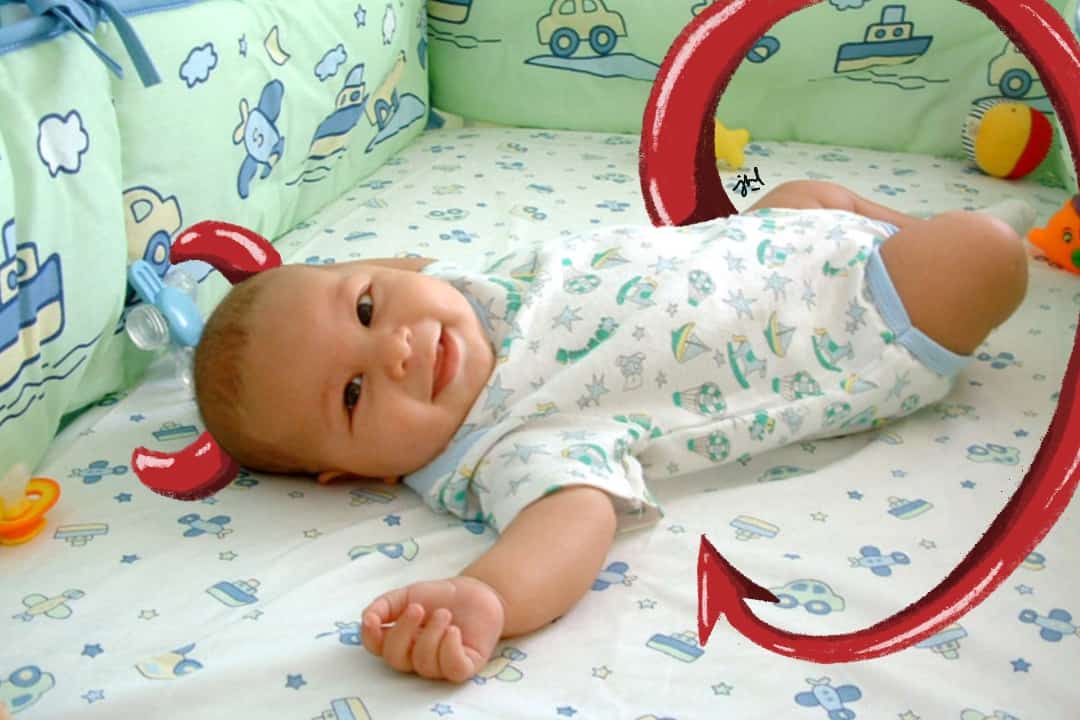Do children have morals? Is equality really important in our societies? And how much do we value the labour people put into the things they create?
These are questions that Christina Starmans, an assistant professor in the Department of Psychology, answers with her lab, the StarLab for Mind and Development. The lab focuses on children, their reflections on themselves and others, and how they differentiate between right and wrong. It also investigates how humans change over time, how they interact with objects, and their ownership over their belongings.
Children’s perspective on the nature of the self
A recent article published by the lab, “Children’s theories of the self,” concluded that adults and children associate their sense of self as separate from their body. When you or I reflect on our sense of selves, we do not think of our bodies, but rather our identities. Reflecting in this manner is natural for us, and if a child demonstrates that this is an innate understanding, it could serve as evidence that these qualities are what separate us from inanimate objects and non-human animals. The fundamental elements of what make us who we are are not the materials that make up our physical form, but instead are our passions, interests, memories, and emotions.
The article refers to a 2004 study by Jesse Bering and David Bjorklund, where the authors ask children to state what they think will happen to a mouse once it is dead. The children express that the mouse will no longer require nourishment and that it will not age. However, the children also believe that the mouse will continue to experience “beliefs, desires, and emotions.” This solidifies that children are able to differentiate between body and mind. Furthermore, the study drew these conclusions across children with diverse religious upbringings.
Unequal societies
In another article from StarLab, “Why people prefer unequal societies,” the authors concluded that, “When people are asked about the ideal distribution of wealth in their country, they actually prefer unequal societies.” It is not economic inequality, but rather unfairness within societies that frustrates people. Economic inequality refers to the difference in assets and income for different groups, but economic unfairness is often correlated with it. Unfairness in societies manifests as unequal compensation for labour and exacerbates inequality greatly.
People value working hard to achieve success. While individuals don’t expect everyone in society to be equal, they expect to be equally rewarded for their work and labour, leading the authors to conclude that humans value having something to work toward. The paper supports this idea by studying a diverse group of individuals with varying political ideologies, countries of origin, and age groups.
Interestingly enough, many people don’t want more than they already have, but rather want more compared to the people around them. The study found that selfishness and competition are significant motivators behind these values. Within industries, competition and inequality are also considered vital, as some believe that inequality can be used as an incentive for innovation.
Creation
A final article, “Creation in judgements about the establishment of ownership,” questions the role of creation on the status of ownership over belongings. This is a fascinating question to approach, as some religious individuals, particularly those following Abrahamic faiths, value God or the Creator above everything, so there would be merit in questioning how people see other humans who have invented or created objects. This question ties into ownership, as the study found that people seem to view themselves as having higher ownership when they are successful in their creation and when they create with intent, as opposed to when they buy something. The authors also concluded that the labour it takes to create is frequently considered less important than the actual object of creation.
Conclusion
StarLab produces research that dives deep into what is an innate understanding of being and existing in society versus what is learned. Its research teaches us that we are naturally inclined to view ourselves as separate from our physical selves. It makes us understand that it is not inequality that we see as wrong but unfairness. Finally, we learn that ownership correlates with creation and intent, and higher ownership is ascribed to those who create their objects with the intent it is used for.


